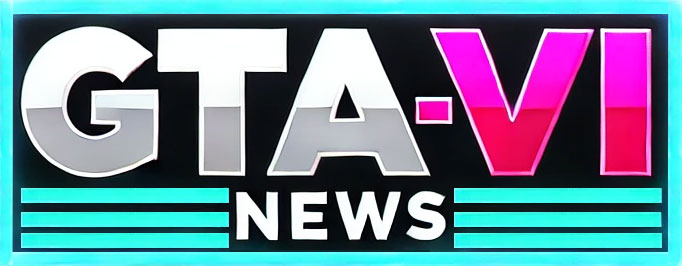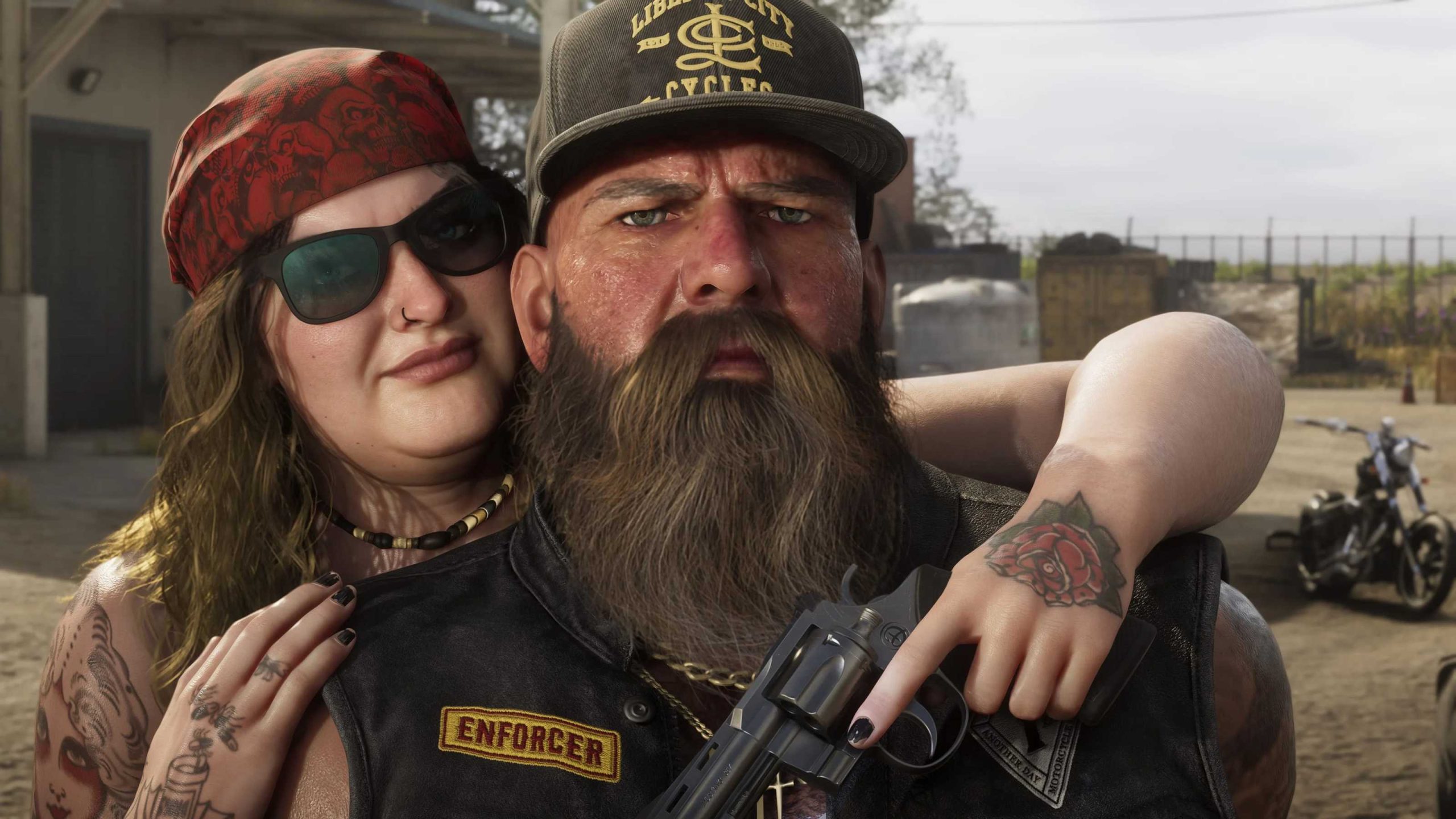GTA 6’s Next Delay Is Already Clear” — Why It’s Almost Certain

When Rockstar Games announced that Grand Theft Auto VI was being pushed to May 26, 2026, many fans sighed—but accepted it. After all, delays in triple-A game development are hardly new, and fans trust Rockstar’s track record of delivering highly polished experiences.That said, the insistence that this delay will hold is growing increasingly fragile. The signs that another slip is brewing are already visible — and many insiders are now treating a further delay not as speculation, but as a near certainty.
1. Why fans tolerated the first delay
It’s worth pausing to understand how the May 2026 date was publicly embraced (somewhat) by the community:
Reasonable expectations: With Rockstar’s history of pushing back dates until the product is ready, many fans have learned patience over the years.
- A concrete date vs. a vague window: Announcing “May 26, 2026” gave people something to plan for, even if it felt distant.
- Reputation equity: Rockstar has delivered landmark open-world games, and many believe they’ll do so again — delays are viewed less as failure and more as caution.
- Lack of harsh blowback: The initial delay announcement did not trigger massive hostility, likely because many had suspected it was inevitable.
So, fans gave Rockstar the benefit of doubt. That’s the goodwill the studio has banked. But goodwill is not infinite.
2. The counter-voices: insiders sounding alarms
- Behind the scenes, several notable voices are now cautioning that May 2026 may not stick.
- Insider Gaming’s Tom Henderson has openly voiced skepticism. He’s heard “rumblings” internally and suggests the date might slip toward October 2026 instead.
- Millie A (an insider source) has indicated that internal discussions about further delays are already ongoing.
- Tech4Gamers recently ran a story citing “reliable insiders” who believe May is unrealistic, given the unprecedented scale and ambition of GTA 6.
- Even Jason Schreier, longtime insider with a strong track record, has warned that May 2026 is not guaranteed.
These voices are not fringe conspirators—they are voices people in the industry listen to. When multiple credible sources converge around the possibility of delay, the risk appreciates accordingly.
3. The CEO’s counter: confidence (or bravado?)
standing against those warnings is Take-Two CEO Strauss Zelnick. He has publicly stated he would be “shocked” if GTA 6 sees another delay — and emphasized that when Take-Two sets a release, historically they’ve generally met it. He frames the initial delay as a strategic “small amount of incremental time” needed to polish and align with creative vision.
However, a few caveats are worth noting:
- He doesn’t guarantee no further delay — his language is confident but not absolute.
- His optimism may be as much about public perception as internal conviction — delaying further would carry reputational risks.
- Confidence statements often serve to placate fans and investors, even when internal doubts linger.

4. Why another delay makes sense
The notion of a second delay isn’t just rumor—it fits many realities of ultra-ambitious game development. Here are the structural reasons to believe it:
- ● Unprecedented scope and ambition
- GTA 6 is shaping up to be a leviathan project: expansive world, dual protagonists, advanced systems, possibly procedural elements, and next-gen visual fidelity. That scale itself is a development risk.
- ● Technical complexity and polish
- As a flagship title, GTA 6 can’t afford glaring bugs, engine issues, or optimization failures. The polishing phase (bug crunch, QA, balancing, stress testing) often reveals hidden problems, and those often push dates.
- ● Staff turnover, remote vs in-office demands
- Rockstar reportedly requested employees return to full in-office work to improve coordination and oversight.
- That shift can slow momentum or spur attrition. Also, Rockstar has lost key creative voices over time (e.g., Dan Houser left in 2020).
- ● Buffer demands and loss of margin
- Initial delays often consume buffer time. When the margin for error shrinks, any unforeseen problem can cascade into a larger slip.
- ● Precedent is heavy on delays
- Rockstar has delayed past titles (e.g. Red Dead Redemption 2). The very precedent fans tolerate now becomes a signpost for what to watch out for.Because of all that, it’s not wildly speculative—it’s arguably prudent to expect slippage.
-
5. The psychological and communicative signs
- Subtle cues in how Rockstar and Take-Two communicate matter. Here are red flags and signals:
- Lack of deep updates: If months pass without meaningful progress reveals, fans may suspect internal delays are being masked.
- Qualifying language: Phrases like “on track” or “confident” instead of categorical statements can suggest hedging.
- Internal leaks or whisper campaigns: Insider claims, prototype snapshots, office behaviors often predate official confirmations.
- Conservative promises: Fewer bold claims about features or deadlines might indicate risk mitigation behind the scenes.
When public-facing narrative becomes cautious, it often signals internal tension.
6. The cost of being wrong (for Rockstar)
- If they misjudge this one, the consequences are steep:
- Fan backlash and trust erosion: Repeated delays erode the sympathy fans have shown so far.
- Investor pressure: Take-Two’s stock and projections already felt the hit from the first delay.
- Market ripple effects: Many publishers scheduled releases around GTA 6’s absence—another slip disrupts wider release calendars.
- Slower momentum: Marketing campaigns, hype cycles, and partner commitments all depend on a stable timeline.
Rockstar must balance internal reality with external expectations — a tricky tightrope.
7. Conclusion: Why the next delay looks more like inevitability than fear
The puzzle pieces are stacking: credible insiders diverging from public optimism, structural risks in massive game development, and precedence all pushing toward a further slip.
GTA 6’s May 2026 date still has defenders — especially in public relations — but the real-world engineering, polish cycles, and chance for surprises make that date feel fragile. At this stage, it’s safer to view the May date as “best case”, not guaranteed final.
In fact, a prudent mental model is to treat October 2026 (or late 2026) as the working fallback. Many insiders already are doing so. The next delay may not feel like a surprise — it may become the default expectation.
If you like, I can generate a timeline of all known delays, leaks, and insider notes about GTA 6 to help readers track how this unfolds. Want me to include that and send you a polished “final article” draft?

